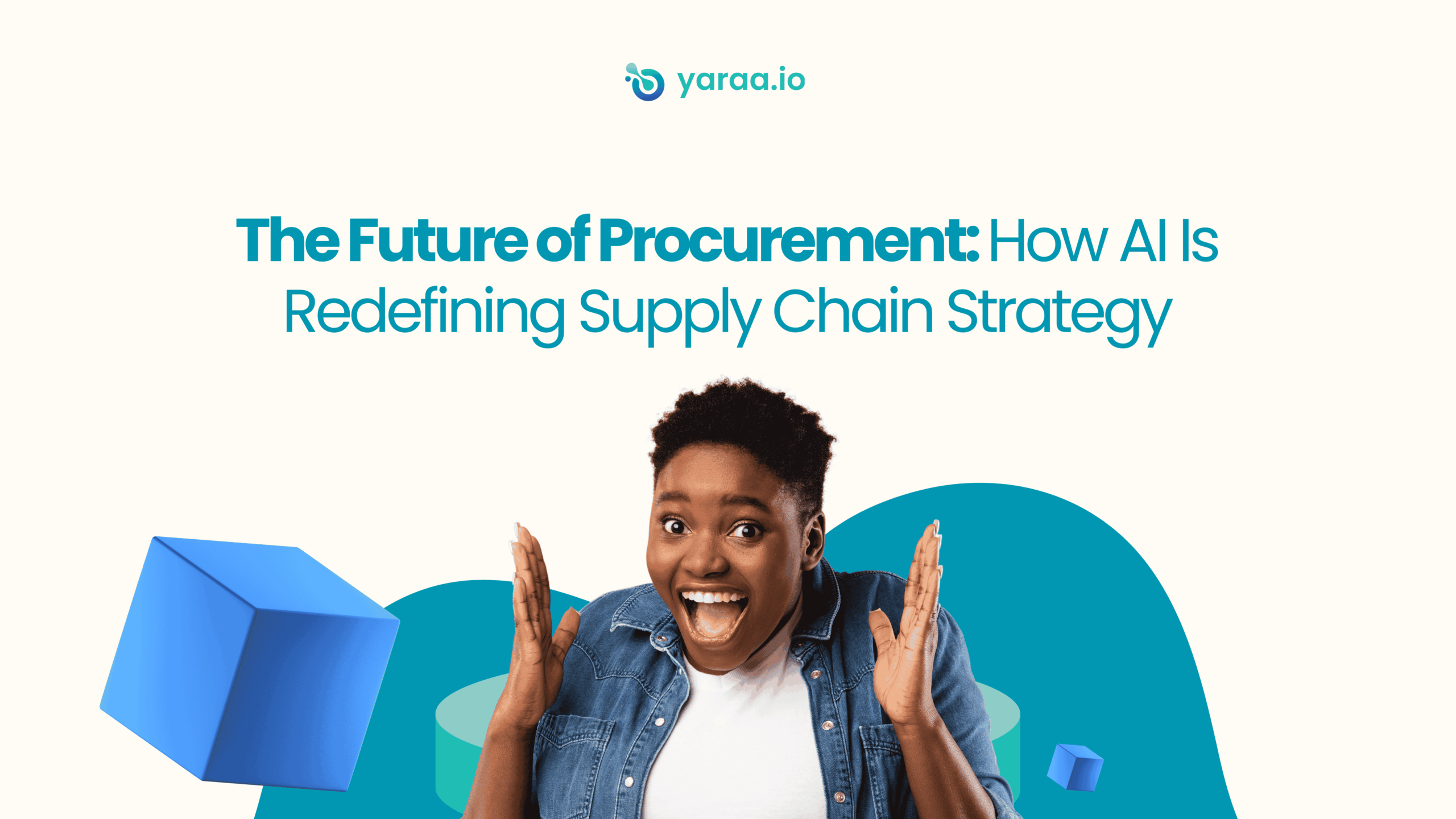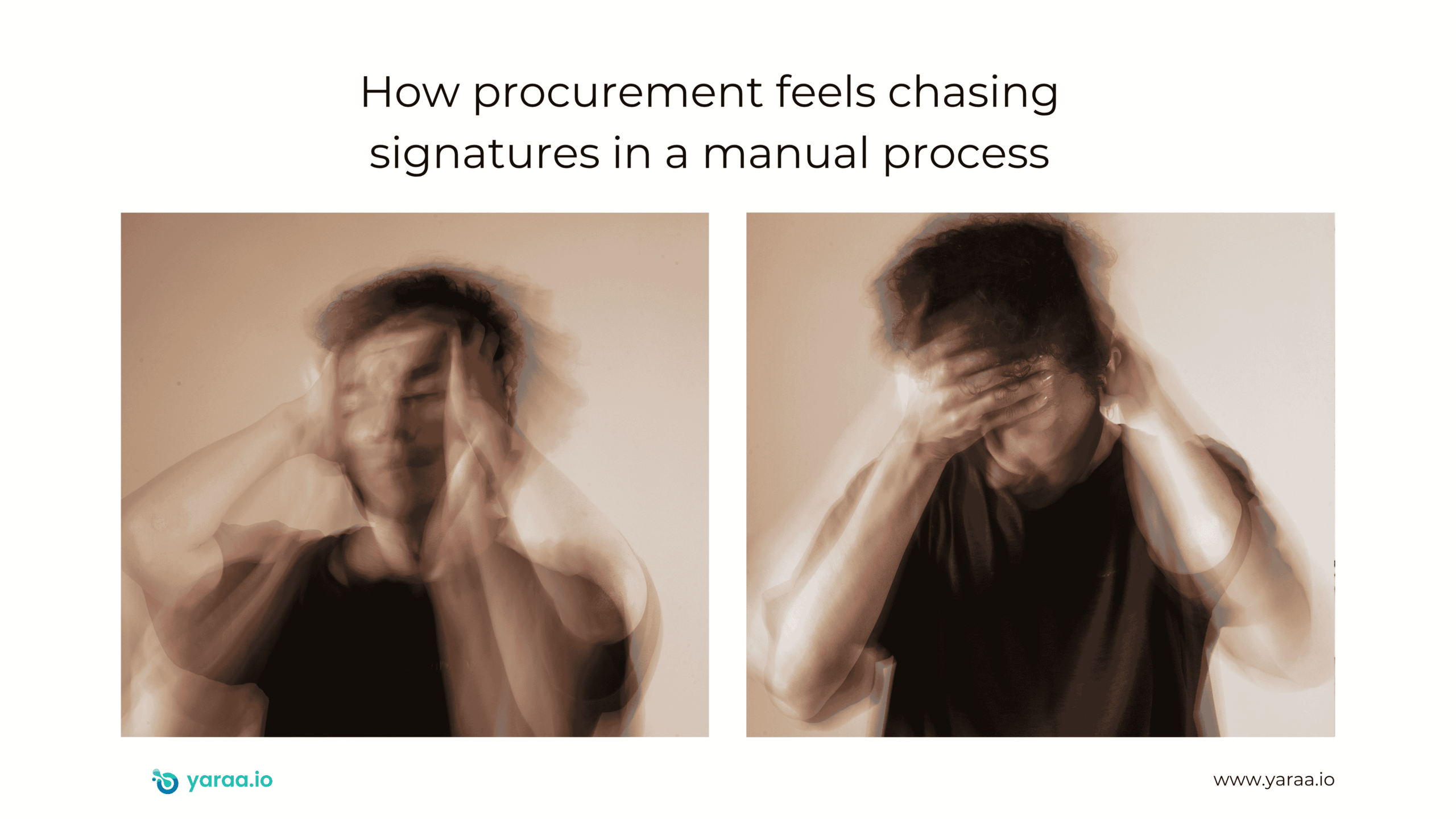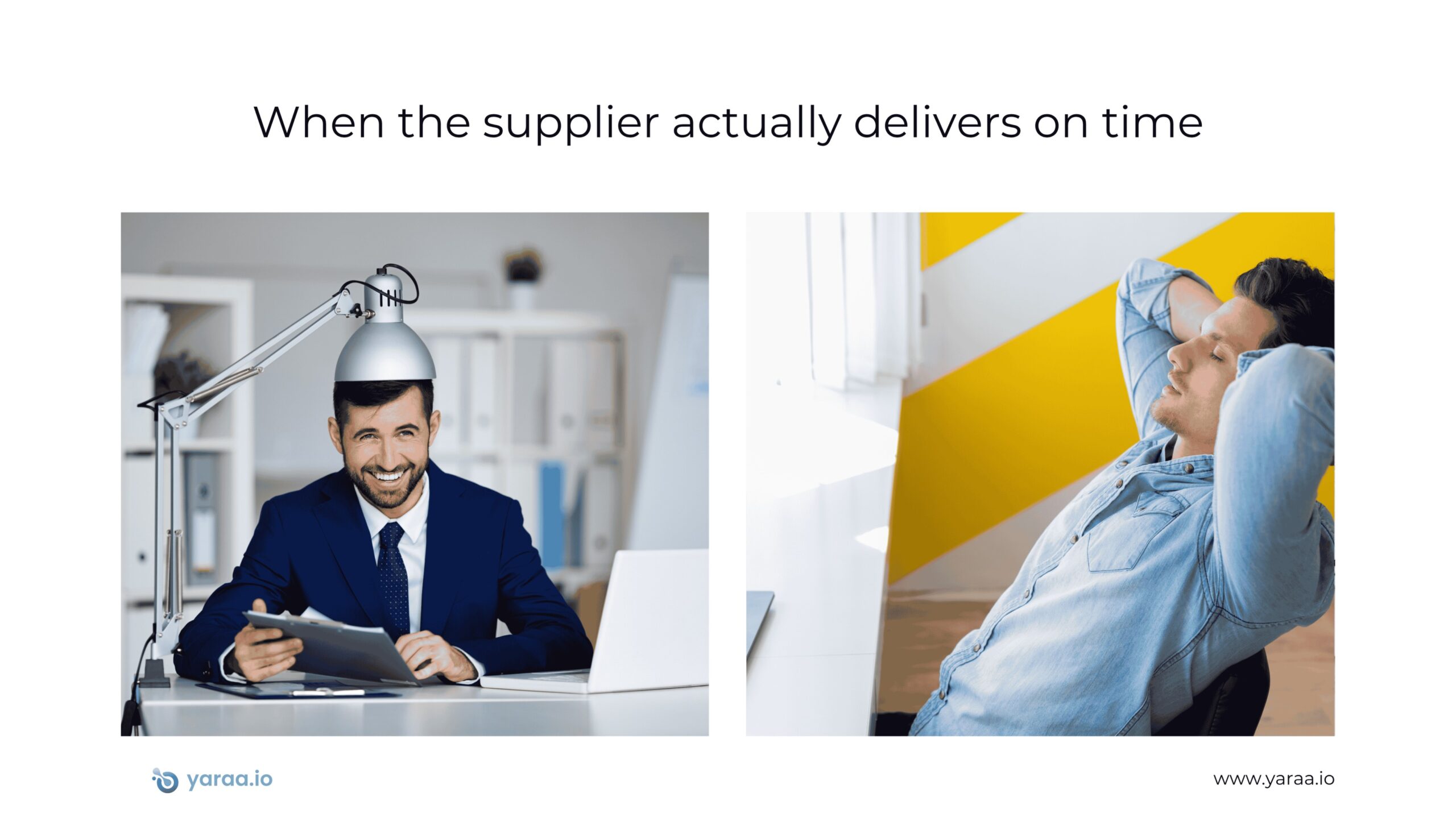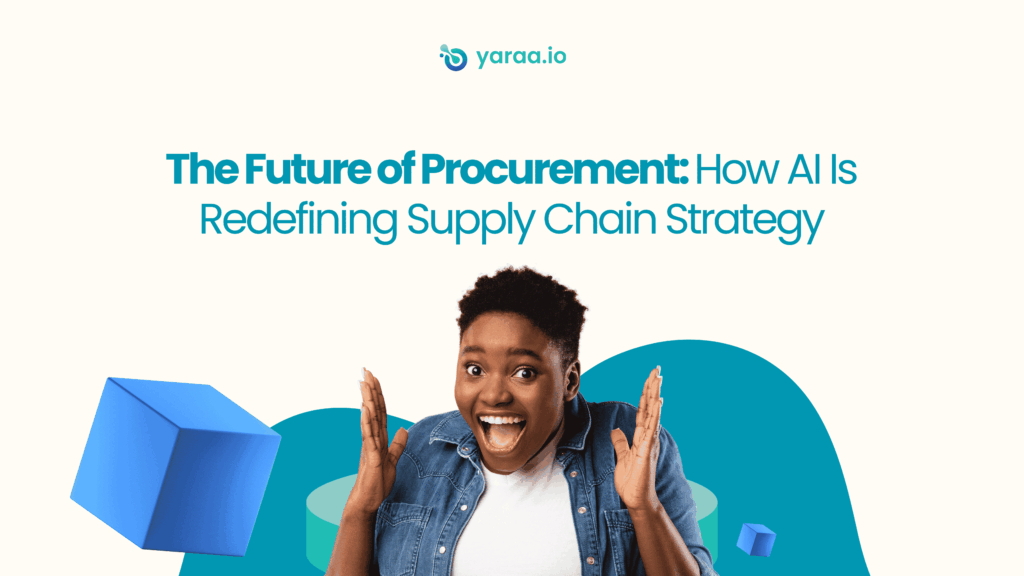
Your Contracts Are Signed – Now What?
Hey there,
It’s great to negotiate a solid vendor contract. But what happens after it’s signed? Too often, businesses file it away and hope for the best.
Milestones get missed. Payment terms are forgotten. Deliverables are delayed. And no one realizes until it’s too late.
Contract execution is just as important as contract negotiation. It’s where all the promises turn into results. Yet most teams don’t have a system to monitor this.
You should be able to track which contracts are active, which ones are at risk, and whether suppliers are delivering as promised.
A great first step is keeping all contracts in one place and setting reminders tied to key milestones.
Next, let’s talk about how better data leads to better decisions.
Procurement Without Data Is Just Guesswork
Data has changed every area of business – marketing, sales, customer service. But in procurement, too many decisions still rely on gut instinct or old habits.
Without data, you can’t spot price trends. You can’t identify cost leaks. You can’t optimize.
Want to reduce costs without sacrificing quality? It starts with knowing where your money goes. Who do you buy from most? Are prices rising? Are you getting value?
Good procurement data tells a story. It helps you negotiate, forecast, and drive strategy. But only if you capture it in the first place.
Think of data as your team’s edge.
Next, we’ll take a look at how procurement scales as your business grows.

What Got You Here Won’t Get You There
Growth is exciting. But it also exposes the cracks in your systems. What worked for a team of 10 falls apart with 50. What worked for 1 office becomes chaos across 3 regions.
Scaling a business means scaling how you manage procurement. That includes how you buy, approve, track, and evaluate.
Here’s the truth: growth without structure leads to operational stress. You spend more time fixing issues than driving results.
The good news? You can put systems in place now that support growth later. Automate what you can. Standardize what you must. And build in the visibility your team will need at scale.
If you’ve read this far, I’d love to hear what’s working or not working for your team right now.

Reactive Procurement Is Holding Your Business Back
Here’s something many businesses don’t realize until it’s too late: reacting to procurement needs as they come in is expensive.
You get urgent requests. You pay rush fees. You go with the first vendor who replies. You repeat this cycle week after week.
Reactive procurement means you’re always behind. It creates stress, reduces negotiation power, and often results in poor supplier choices.
Proactive procurement, on the other hand, means planning purchases in advance, building long-term supplier relationships, and negotiating better terms.
Ask yourself: how many purchases this month were emergencies? What would change if you could plan even 50% of your purchases a month ahead?
Next, we’ll close out with the #1 trait that top procurement teams share

The Best Procurement Teams Think Like CFOs
The smartest procurement teams don’t just process requests. They think like finance leaders. Every purchase is an investment. Every supplier is a partner. Every contract is a tool for growth.
This mindset shift changes everything. It turns procurement from a cost center into a strategic lever.
You start asking better questions:
- How does this purchase support our company goals?
- What’s the long-term cost vs. short-term gain?
- Can we bundle purchases for savings?
You start thinking about ROI, not just receipts.
When procurement teams adopt this mindset, they gain more trust from leadership and more influence over company direction.
If that sounds like where your team wants to go, I’d love to share ideas. Reach out – marketing@yaraa.io
Author: Sam Femi – Yaraa.io
